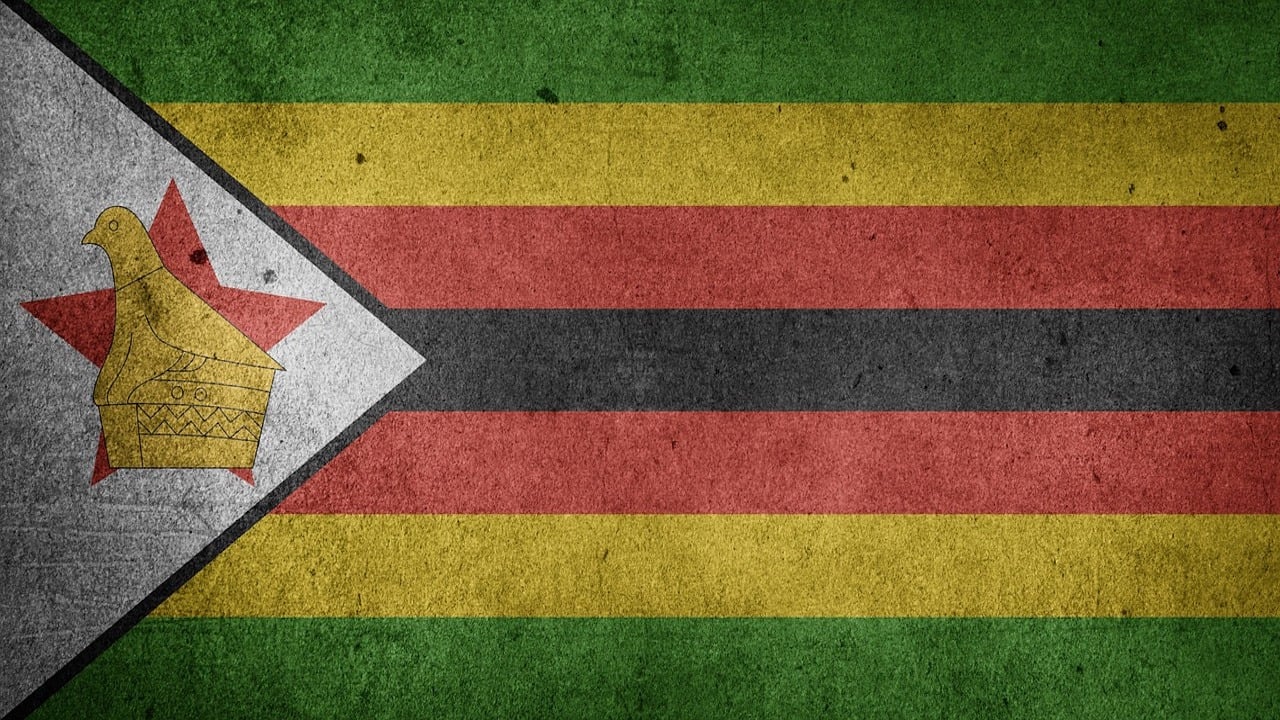
The International Monetary Fund has urged Zimbabwean authorities to weigh the benefits versus risks of issuing a gold-backed digital currency. Instead of using gold-backed digital currency to limit the demand for the greenback, the global lender said monetary authorities should consider liberalizing the foreign exchange market.
Risks to Macroeconomic and Financial Stability
The International Monetary Fund (IMF) has called on Zimbabwean monetary authorities to carefully consider the benefits of issuing a gold-backed digital currency versus the potential risks to the economy. Instead of rushing to issue the gold tokens, the global lender said authorities should instead consider liberalizing the country’s foreign exchange market.
The remarks by the IMF came just days after the Reserve Bank of Zimbabwe (RBZ) began issuing the gold-backed digital currency. As previously reported by Bitcoin.com News, gold-backed digital coins are an attempt by the RBZ to slow down local demand for U.S. dollars.
High demand for the greenback versus its limited supply on the formal market has fueled the local currency’s slide on the parallel market from just over US$1:ZWL1000 at the start of 2023 to around US$1:ZWL2000 by the end of April. In the past year, the RBZ responded to the local currency’s depreciation by hiking the benchmark rate. During the same year, the central bank unveiled physical gold coins which it said would act as an alternative store of value.
However, after the RBZ started circulating the gold-backed digital currency, a spokesperson for the IMF warned of several risks that such a digital currency would bring.
“A careful assessment should be conducted to ensure the benefits from this measure outweigh the costs and potential risks including, for instance, macroeconomic and financial stability risks, legal and operational risks, governance risks, cost of forgone FX reserve,” the unnamed spokesperson said.
Besides liberalizing the foreign exchange market, the IMF spokesperson reportedly told Zimbabwean monetary authorities to stick to other conventional solutions that include maintaining a tight monetary policy.
The warning by the IMF marks the second time the Bretton Woods institution has chastised an African country for adopting a non-conventional currency management approach. In 2022, the IMF warned of a risk to financial stability after the Central African Republic adopted bitcoin. Similar warnings were issued to El Salvador after it became the first nation to declare bitcoin legal tender.
Register your email here to get a weekly update on African news sent to your inbox:
What are your thoughts on this story? Let us know what you think in the comments section below.
Image Credits: Shutterstock, Pixabay, Wiki Commons
Disclaimer: This article is for informational purposes only. It is not a direct offer or solicitation of an offer to buy or sell, or a recommendation or endorsement of any products, services, or companies. Bitcoin.com does not provide investment, tax, legal, or accounting advice. Neither the company nor the author is responsible, directly or indirectly, for any damage or loss caused or alleged to be caused by or in connection with the use of or reliance on any content, goods or services mentioned in this article.










